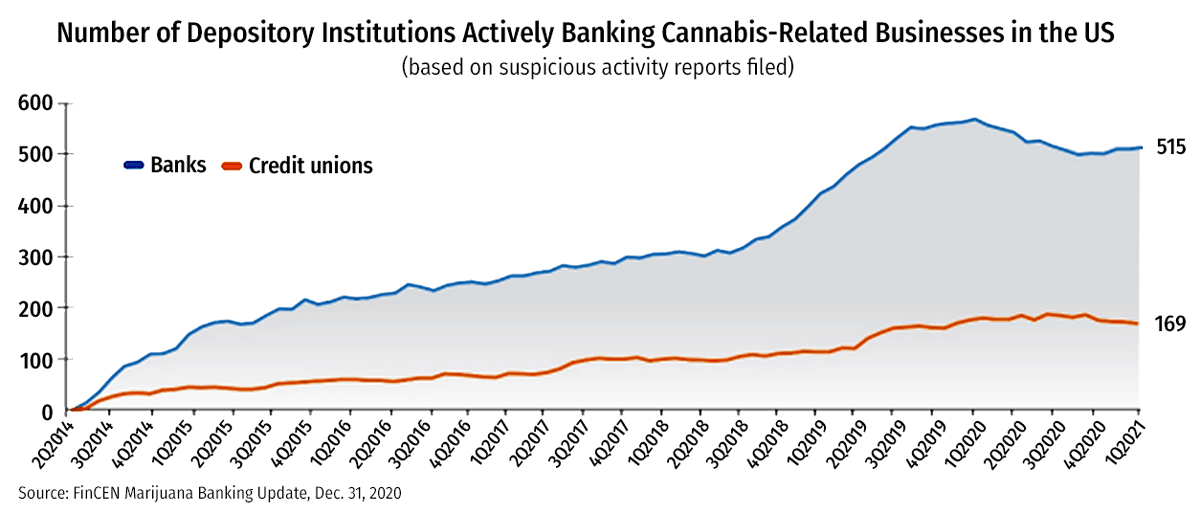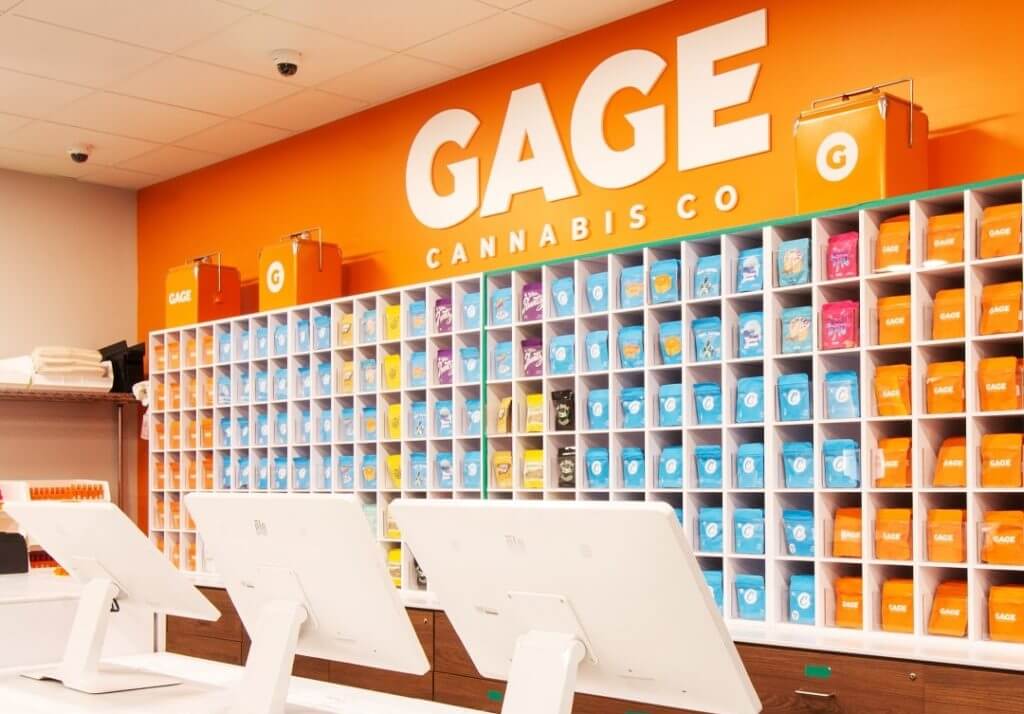British Columbia’s cannabis distributor posted net income of 13.6 million Canadian dollars ($10.8 million) for the fiscal year ended March 31, 2021, rebounding from a loss of CA$5.3 million in the previous year thanks to a surge in adult-use sales, according to new government data.
The newly released annual report from the BC Liquor Distribution Branch (LDB) shows that adult-use cannabis sales jumped 140% in the province.
“Cannabis sales more than doubled from the prior year, increasing CA$191.4 million to CA$327.3 million,” according to the report from the government-run LDB, which operates a province-wide retail and wholesale cannabis business in addition to overseeing the distribution of beverage alcohol.
“Similar to the prior year, the majority of sales occurred in the dried flower, pre-roll and extracts and concentrates categories.”
As in other jurisdictions, dried flower and pre-rolls made up the lion’s share of wholesale sales, according to data shared with MJBizDaily by the LDB.
Dried flower and pre-rolls accounted for more than 80% of sales.
Cannabis-infused beverages continued to be a hard sell, coming in last among the product categories in terms of wholesale sales.
In the 12-month period, wholesale sales consisted of:
- Flower (65.32%).
- Pre-rolls (15.58%).
- Ingestible extracts (11.91%).
- Inhalable extracts (5.6%).
- Edibles (1.41%).
- Seeds (0.05%).
- Topicals (0.04%).
- Cannabis beverages (0.08%).
The report attributes the growing cannabis sales to a combination of:
- Increased access to the regulated market, as more public and private retail stores opened their doors.
- Increased product selection and more consistent inventory.
Price compression continued throughout the year.
The price per gram of dried flower fell by almost 25% compared to the previous year, making legal adult-use marijuana products more competitive with illicit products.
Prices were driven down because of the growing popularity of dried flower in larger packages.
More stores
The LDB operated an online retail sales monopoly in the fiscal year.
The report does not say how much cannabis was sold through the government’s online channel, and the LDB declined to share the information with MJBizDaily, citing “competitive information.”
The province opened online sales to privately owned retailers after the fiscal year closed, effectively stripping the LDB’s online store of its monopoly status.
The report notes that the assortment of products increased to 1,062, from 99 licensed suppliers, up from the previous year’s 591 products from 50 licensed suppliers.
The province was busy adding private- and public-sector stores in fiscal 2020-21.
In the private sector, roughly 127 new stores opened their doors, bringing the total number of privately owned retailers to 305.
Meanwhile, the addition of 10 new publicly owned cannabis shops brought the number of government-owned stores to 25.
Less plastic
The cannabis division’s Richmond Distribution Centre sought to cut its use of plastic.
According to the report, the distribution facility “eliminated all plastic shrink wrap… from entering the landfill.”
An agreement was reached with a third-party vendor to sell the used plastic shrink wrap for use in reprocessing and producing plastic products, the annual report notes.
“The significant diversion helped the cannabis line of business divert 95 per cent of waste from the landfill, surpassing the fiscal target.”
The cannabis division’s CA$13.6 million in net income was before head office expenses and was included in the LDB’s overall net income of CA$1.16 billion.
The annual report is available here.
Matt Lamers is MJBizDaily’s international editor, based near Toronto. He can be reached at matt.lamers@mjbizdaily.com.




